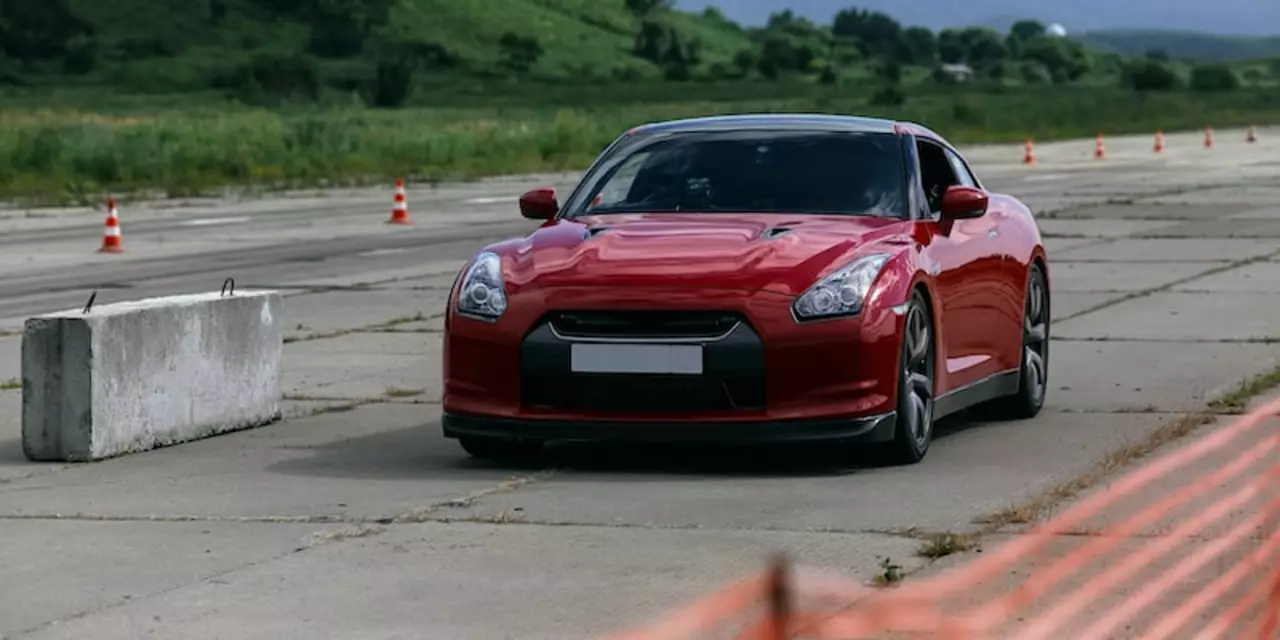Road Safety: Why Street Racing Is a Bad Idea
Ever wondered why street racing always ends in a headline about crashes or arrests? It’s not just the thrill‑seekers who pay the price—everyone on the road feels the impact. From shattered windshields to broken families, illegal racing creates a ripple of problems that go far beyond a single adrenaline rush.
Legal and Financial Fallout
First off, street racing is illegal in every county across the UK. Getting caught can mean hefty fines, a suspended licence, or even jail time. Those penalties aren’t just numbers on paper; they can wreck a career or a student loan plan. Add the cost of damaged cars, medical bills, and higher insurance premiums, and you’re looking at thousands of pounds that could have been saved for a proper track day or a new hobby.
Safety Risks for Everyone
Speeding on public roads turns a regular street into a death trap. Drivers lose control, pedestrians can’t react in time, and other motorists have no idea a race is happening until it’s too late. The odds of a serious injury climb dramatically once you break the speed limit by 30 % or more. Even if you walk away unscathed, the emotional toll of guilt and trauma lingers long after the rubber burns off.
Police departments also feel the strain. When officers chase a street race, they’re pulled away from other emergencies—like a burglary or a medical call. That diversion can cost lives in unrelated incidents. It’s a chain reaction: one reckless decision creates chaos for an entire community.
Beyond the immediate danger, street racing fuels a negative image of certain neighborhoods. Residents start to feel unsafe, businesses may lose customers, and property values can dip. What began as a handful of thrill‑seekers ends up harming the whole local economy.
So, what’s a better way to get that rush? Track days, closed‑circuit events, or sanctioned drag races let you push a car’s limits without endangering strangers. These venues have safety crews, proper barriers, and rules that keep everyone protected while still delivering the excitement.
Choosing a legal venue also means you get to learn from professionals. You’ll pick up car‑tuning tips, driving techniques, and race‑craft that actually improve your skills. Those lessons translate to safer day‑to‑day driving, which benefits everyone on the road.
If you’ve already been caught up in street racing, consider reaching out to local motorsport clubs. Many offer mentorship programs that help enthusiasts transition to safe racing environments. It’s never too late to turn a dangerous habit into a responsible passion.
Bottom line: street racing may feel like the ultimate freedom, but the cost—legal, financial, and human—is far higher than any paycheck or bragging rights. Keeping the streets safe means ditching the illegal races and finding a proper place to unleash your car’s potential. Your future self, your friends, and your neighbours will thank you for it.
